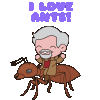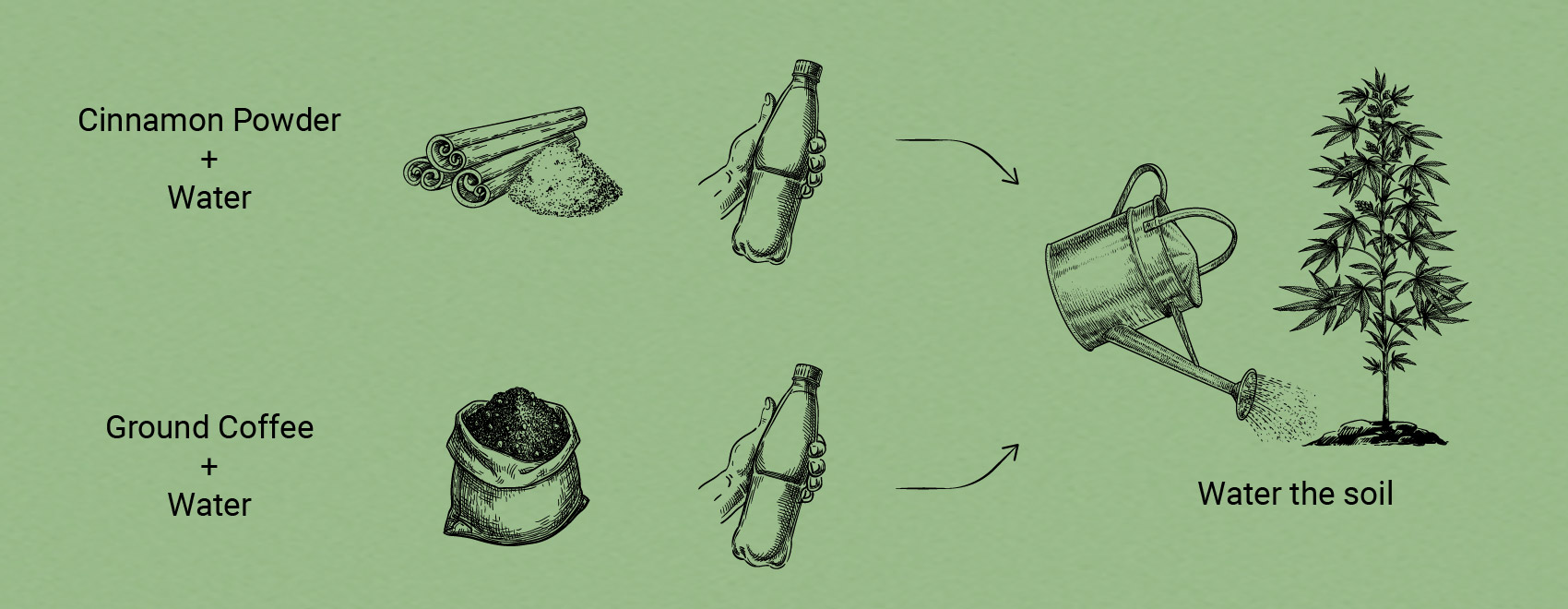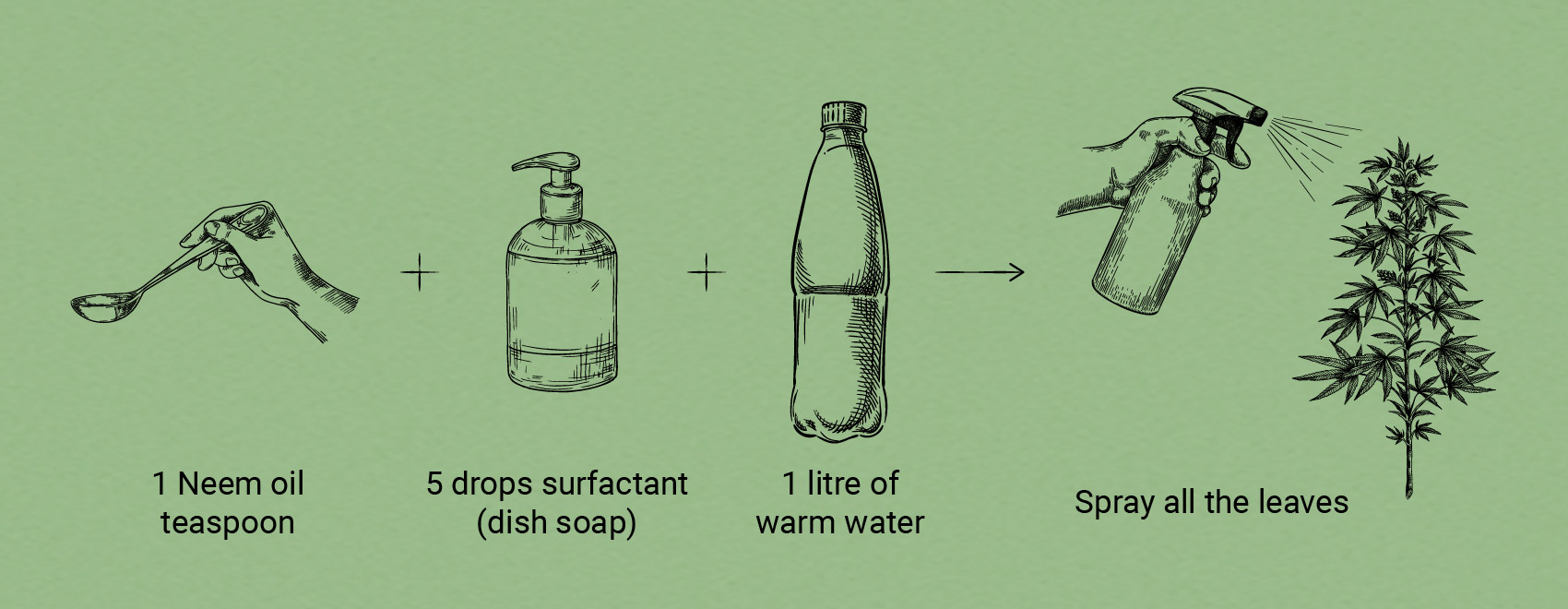How to Get Rid of Ants on Weed Plants: Natural Solutions
Ant colonies are robust, but there’s only so much they can take until they decide to move to a more hospitable environment. Below, we’ll outline purely natural,
organic ways to remove ants from a weed garden.
Cinnamon Powder or Ground Coffee
Ants are not fond of cinnamon nor
ground coffee. Therefore, these household ingredients are one of the best ways to get rid of ants.
At first, if you see that the ants are just beginning to burrow into the soil, simply dump a spoonful of ground cinnamon or coffee wherever you see a large concentration. In many cases, the pungent aromas of these substances will be enough to deter them.
If this fails, all is not lost! Mix either ground coffee or cinnamon with water (you can use the same amount you’d normally water your plants with), then just evenly water the soil. As the cinnamon or coffee runs down into the soil, it should cause the ants to disperse.
Neem Oil
Neem oil is a precious ally of the organic cannabis grower. This essential oil comes from the neem tree and contains powerful insecticide compounds. It has been used in horticulture, and also in ethnomedicine, for centuries. It can be sprayed directly on plants as an immediate pesticide, or even every week or so as a preventative measure. Neem oil doesn’t harm beneficial animals like ladybugs, bees, and earthworms, and it can also be added to irrigated water to prevent root rot.
A good pesticide mix can be prepared with 1 teaspoon of neem oil and just 5 drops of surfactant per litre of water. A surfactant, such as dish soap, is useful because neem oil does not mix well with water. Using warm water makes the mixing process even easier. Just allow the mix to cool off before applying it on your plants. A sprayer with the finest possible setting will be necessary to mist the tops and bottoms of all the leaves.
Neem oil may not be the best solution if you have ants nesting in the soil, but it is perfect if you notice a colony of ants farming a colony of some other insect directly on your plants. The neem oil will deal with both at once.
Diatomaceous Earth
Diatomaceous earth is a natural and safe
pest control method that doesn’t harm plants or growers by releasing toxic chemicals. Instead, diatomaceous earth, also known as diatomite, is a siliceous rock originating from fossilised remains of small beings with a hard shell. It can be easily crumbled into a powder, and has many industrial applications. Diatomite is a beautiful mechanical insecticide, and this is what interests cannabis growers.
The abrasive nature of this “shell powder” scrapes away insects’ exoskeleton as they pass by, while its high porosity absorbs any critters’ vital fluids. Not exactly the environment ants will try to colonise, and not something a parasite can develop a resistance to, as opposed to chemicals. Plus, diatomite improves soil’s moisture retention, holding water, drying slowly, and increasing the oxygenation of the substrate.
Some caution is needed when handling diatomaceous earth because it can irritate the skin, eyes, and respiratory tract.
Beneficial Insects
There are
certain insects that eat ants, including wasps, beneficial nematodes, spiders, and (surprisingly) certain species of butterfly. However, ants live in huge numbers, and inviting in beneficial insects won’t be enough to destroy a colony. What’s more, ants actually protect their livestock from other predatory insects.
That being said, having a rich garden that hosts these insects may make it more difficult for ants to set up shop in the first place.
Or, you could invest in a pet anteater?

 )
)


